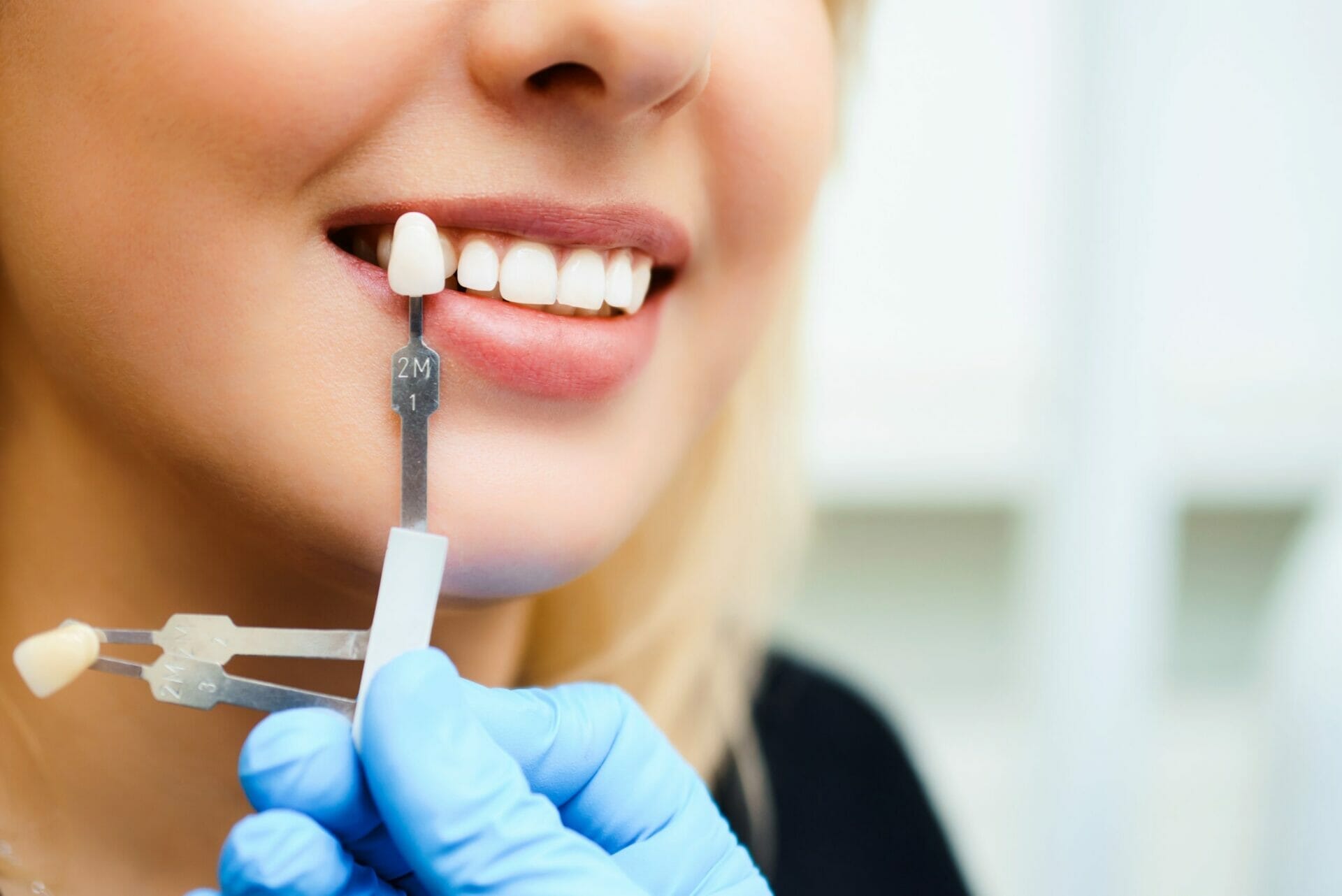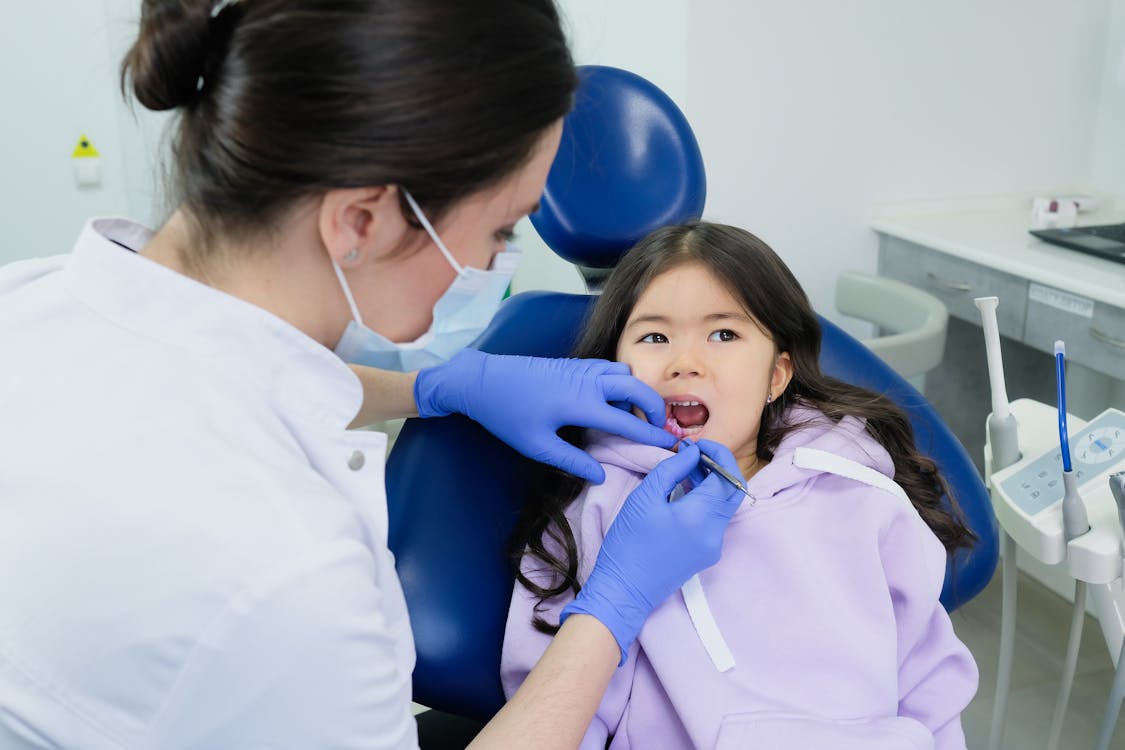
Pregnant! What Should You Drink And Avoid In This Period?
 Posted On
Posted On
Water is the fluid that composes the majority of your body (about 60 percent of body weight) and helps it to stay healthy, hydrated, and clean, according to the U.S Geological Survey.
Moreover, the world health organization recommends drinking about 1,5L to 2L of water daily to keep a healthy body.
The amount of water depends on multiple factors. For example, pregnant women need to increase the quantity of the intake water to up to 3L daily to reduce tiredness and keep a healthy pregnancy.
A pregnant woman needs special care for this period. That’s why she needs to drink safe water and some beverages that help her keep good health for her and her baby.
In the following post, you will know mainly about the best drinks for pregnancy and the drinks that you should avoid during this period.
Table of Contents
Beneficial Drinks For Pregnant Women
Water
The importance of water increases in the period of pregnancy because the woman’s body needs to form amniotic fluid, produce extra blood, build new tissue, carry nutrients, improve digestion, and flush out waste.
The best fluid for pregnancy helps to hydrate the skin and to have a healthy pregnancy weight. It is recommended to drink 8 glasses daily and avoid drinking it 2 hours before going to bed.
Orange Juice
No one can deny that water is the best drink during the pregnancy period, but there are also so many beverages that can be an excellent alternative for pregnant women. Orange juice is one of them. Drinking an Orange juice just extracted is a good idea to start a day full of energy.
This energetic drink is rich in calcium that helps to strengthen bones and contains a reasonable amount of vitamin C that improves iron absorption and boosts your energy during the day.
Tea
First of all, it’s important to note some types of herbal tea are unsafe to consume during pregnancy.
Rooibos tea is one of the safe herbal teas that can be a healthy and great choice for pregnant women. It is very rich in antioxidants and is caffeine-free.
Ginger tea can also reduce the symptoms of morning sickness and add a tender touch to your day.
Also, drinking decaffeinated green tea is another way to support optimal pregnancy health.
Milk
Adding a cup of pasteurized milk daily to your meal is an excellent habit during your pregnancy. It provides you all you need; protein, carbohydrates, minerals, and vitamins.
Smoothies
Making smoothies from fruits or vegetables should be your preference in this period. It’s full of vitamins, easy to make, and delicious.
If your pregnancy happens in summer, then the smoothie will be a perfect pick for you to balance your nutrition.
Drinks That Must Be Avoided During Pregnancy
Alcohol
You may hear stories of women who drank alcohol during pregnancy, and their babies turned out well. So, you may wonder: “Is that true?” “doesn’t alcohol affect babies?”.
According to the American Pregnancy Association (APA), when you drink alcohol, your baby automatically does and risks being born with Fetal Alcohol Spectrum Disorder. The worst consequences are poor growth, abnormal features, heart defects, and damage to the central nervous system. For this reason, you should avoid alcohol while pregnant and try to focus your nutrition on healthy food and drinks.
Energy Drinks
Morning sickness is a common fact during the first months of pregnancy. Some women find in energy drinks a magical solution to get rid of this fatigue. However, the FDA classified energy drinks as supplements food and doesn’t regulate it because it contains a high level of caffeine and other ingredients that are not safe for pregnant women.
Reduce morning sickness by consuming a lot of fluid, fruits, and vegetables instead of energy drinks.
Coffee
What you have to avoid is not coffee, but the amount of intake coffee that you used to drink before pregnancy. We usually drink coffee as a stimulant that increases blood pressure, heart rate, and the frequency of urination, that’s why you should avoid coffee to avoid all these effects.
Raw Milk
Raw milk is the milk from cows, sheep, or any other animal that could contain harmful bacteria that are dangerous for pregnant women such as salmonella, E. coli, and Listeria.
Diet Soda
Diet soda is one of the artificial sweeteners that contain caffeine, and it could be dangerous during pregnancy. Maybe you will drink soda caffeine-free to solve this problem, but this is not the only problem with soda. Some studies show that drinking diet soda during pregnancy can cause overweight for the newborn and other harmful effects.
What Is In Your Tap Water?

You may think that your tap water is safe to drink and it’s full of benefits, but you should note that not all tap water is safe to drink because sometimes it may contain some contaminants that endanger your pregnancy.
Lead, nitrate, manganese, and chlorine are the most important contaminants that pregnant women should avoid.
Chlorine
Chlorine kills bacteria and viruses found in tap water and keeps it safe to drink but has some side effects for both mothers and babies, such as cell damage, heart problems, asthmatics attacks.
Lead
Lead is one of the most toxic substances that exist in tap water even with few quantities but it is still dangerous for pregnant women, and it can reduce the growth of the fetus or give premature birth.
Nitrate
Nitrate is one of the toxic substances that increase the risk of cancer and can block the blood’s ability to carry oxygen.
Manganese
The existence of manganese in tap water risk to decrease IQ score, verbal and behavior performance.
Best Water To Drink While Pregnant
Now you know that tap water is not always safe to drink, but don’t panic! There is a way to get the best water to drink while pregnant.
There are different ways to make your water safe to drink during your pregnancy if your water supply contains contaminants.
Install a filter: Invest in a filter that will provide you the quality of water you need, not only during your pregnancy but also to keep yourself and children safe afterward. Look for a certified filtering system that can clean your water from the majority of contaminants.















